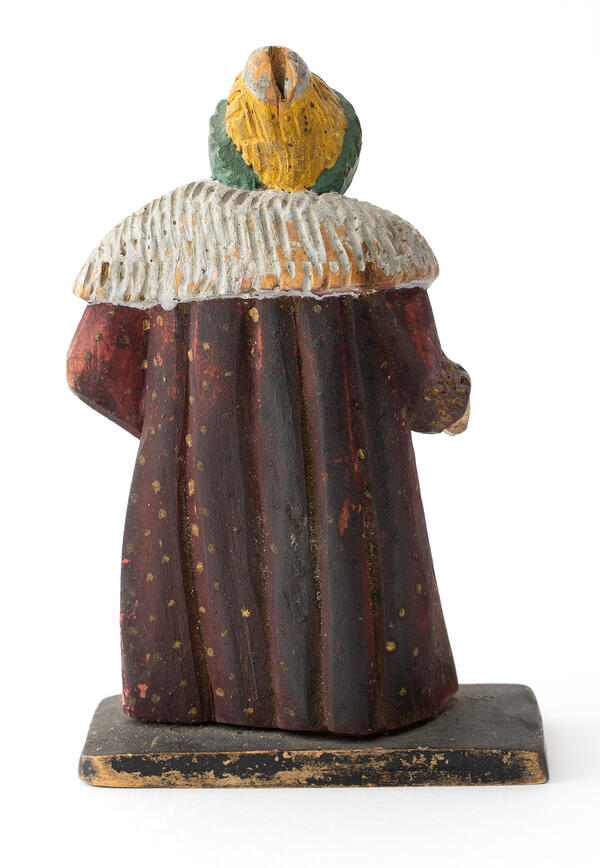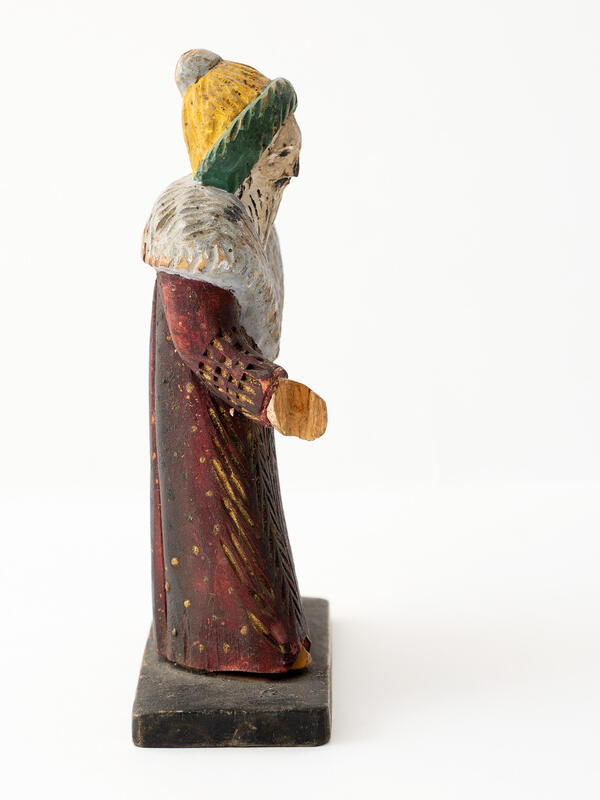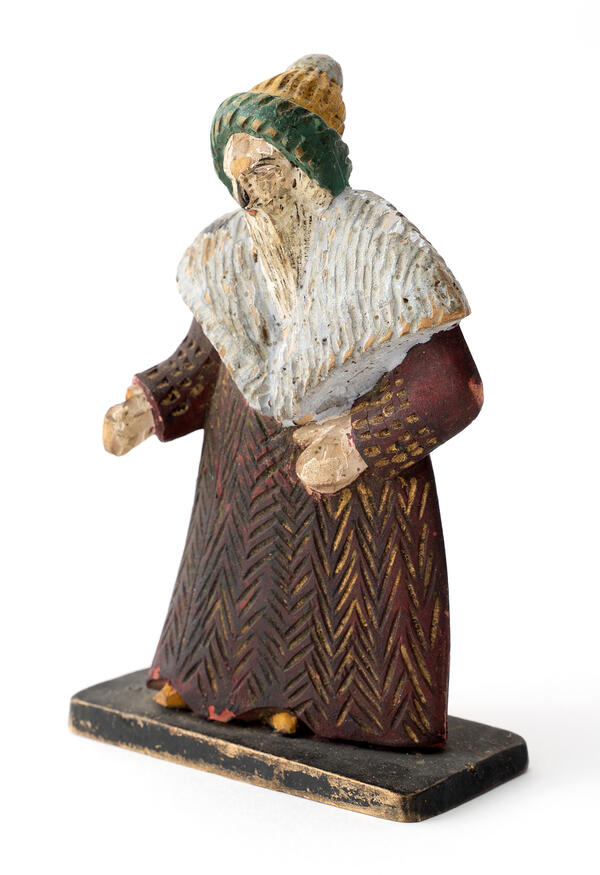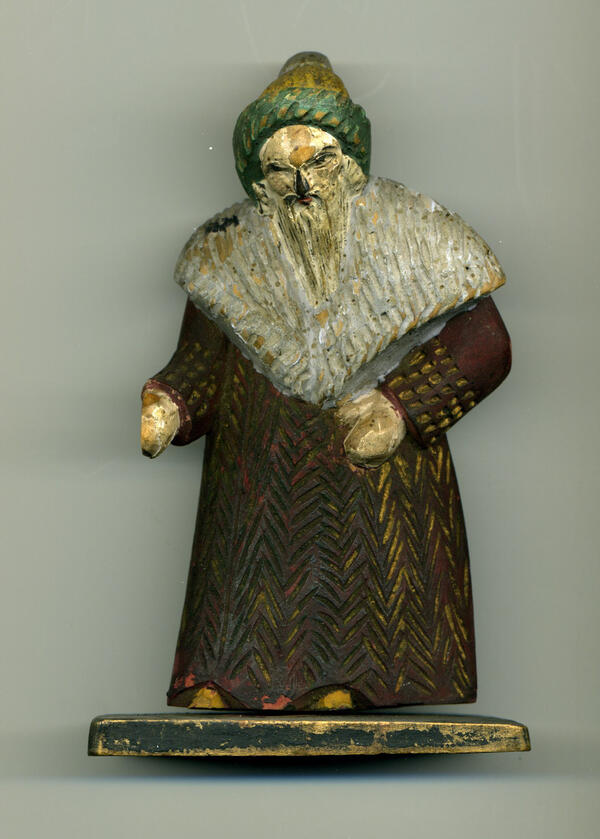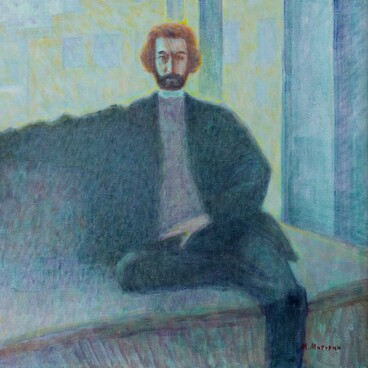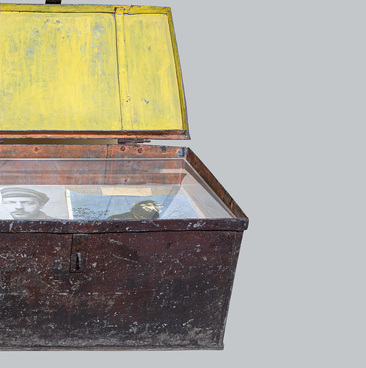In 1916, Velimir Khlebnikov started organizing the Society of Chairmen of the Terrestrial Globe. It was to include 317 world-class thinkers, including Father Pavel Florensky.
At first glance, there was little in common between an Orthodox priest, a man of encyclopedic knowledge, a fan of the Middle Ages and Russian iconography and a supporter of the canonical form, Florensky and a wanderer and a Budetlyanin, a teacher of futurists and a seeker of new forms of verbal expression, Khlebnikov. Nevertheless, both made a similar impression on their correspondents: they mentioned their “gracious quietness and enlightenment”, “an animate face, as if descended from an ancient icon”, “an expression of such clarity and friendliness that everything around him shone”, “gray and pure eyes, like those of saints on icons…” . (The first two definitions refer to Father Pavel, the second two to Velimir.)
Not only these impressions united the priest and the poet, but also the closeness of their perception of the symbols of the “upper” and “lower” worlds. Florensky said that life “in the visible” and “in the invisible” alternates within the person himself and sooner or later opens the images of the invisible world. Khlebnikov described a kind of continuously changing “indefinitely extended variety” that correlates with the five human senses in the same way as the boundless plane correlates with individual figures on it.
Both discussed similar concepts: “faces of things” (Pavel Florensky — through sight) and “epithets of world phenomena” (Velimir Khlebnikov — through hearing).
Khlebnikov met Father Pavel once during a visit to Sergiev Posad. He arrived in the company of the poet Dmitry Vasilyevich Petrovsky and the archaeologist and ethnographer Boris Alekseevich Kuftin. Petrovsky later recalled their conversations “about the ‘laws of time’”, “the musical law according to which… the lyrical theme… of different poets… is based on a certain formula of their perception of noise” . He also mentioned “good silence” and that Velimir never touched on the topic of “Chairmen”.
In one of the monasteries of Sergiev Posad, Khlebnikov purchased a lubok figurine — “a wooden, but festively decorated John the Terrible with beautiful thin eyebrows, a pretty forehead and white mittens.”
Two years later, the gilded cross on the tsar’s rod broke off, which the poet regarded as a mystical phenomenon. Over time, the rod itself broke, and then fell out of the king’s hand, the gilding on the maroon robe disappeared. One of the poet’s personal belongings, this figurine is carefully kept in the museum.
